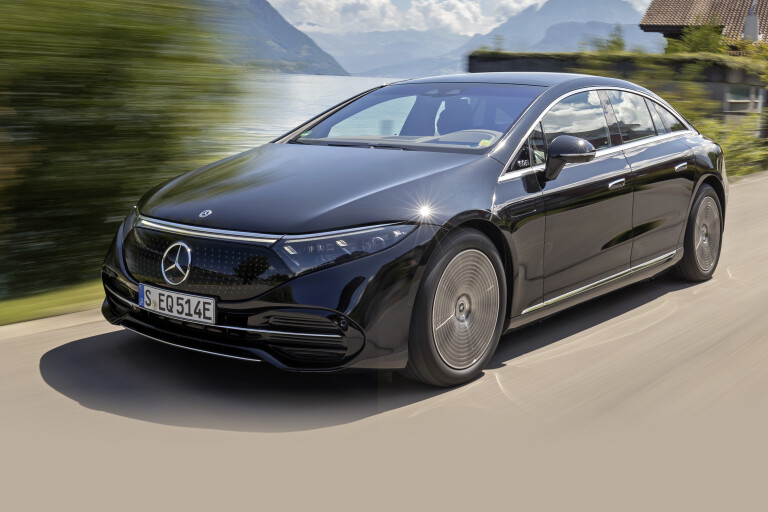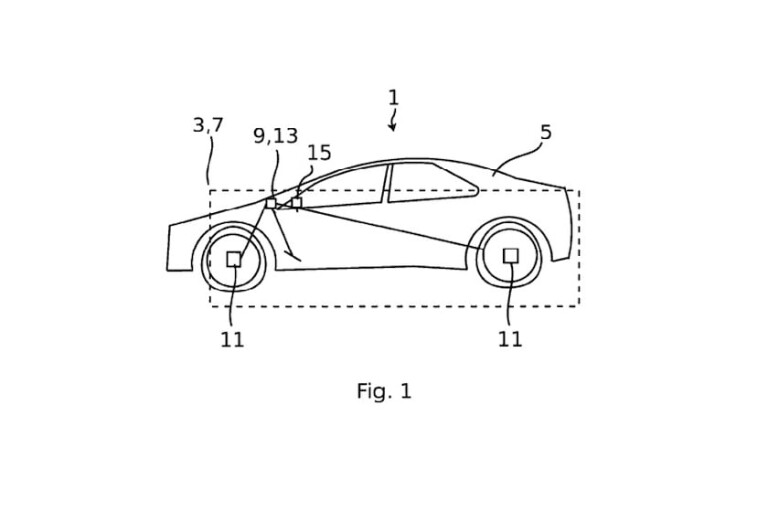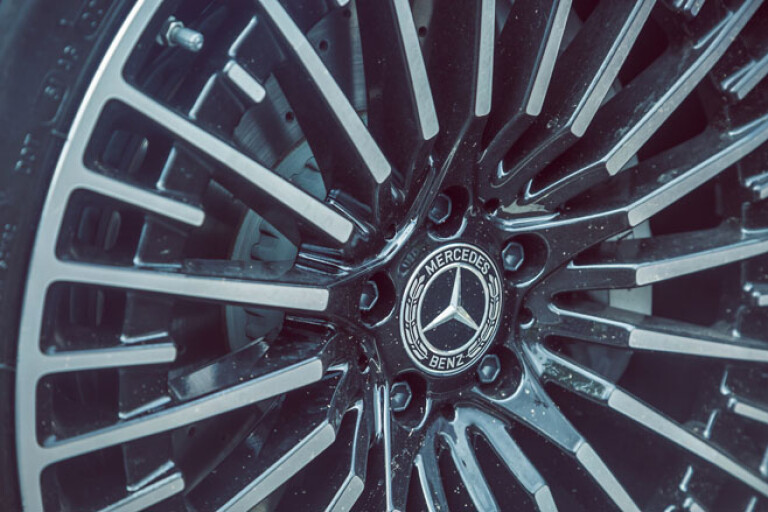
Imagine this: you're driving along in your electric vehicle when all of a sudden, the brakes fail.
Usually this is realised at quite inconvenient times, such as just after the brake pedal is depressed. What do you do now? There's no gears to change down and the electric hand brake doesn't work.
Luckily, Mercedes-Benz seems to have thought of a last-ditch solution to a problem which hopefully won't be a common occurrence.

According to CarBuzz, the German manufacturer has patented a system which rapidly deflates a car's tyres, dramatically increasing its rolling resistance in an attempt to decrease the vehicle's speed when its braking systems fail.
This system would be more applicable to EVs as a majority use a combination of regenerative braking as well as a traditional hydraulic setup through brake-by-wire technology, although any issues with the system could remove the ability for either part to work.
Daimler, the parent company to Mercedes-Benz, believes its rapid tyre deflation system would only activate if there's a failure within the master unit or if a fault arises, slowing the vehicle down and allowing the driver to move to a safe location.

It's not clear as to whether the system would deflate all four tyres or just the front pair, but it does raise the question about what pressure the tyres would drop to, as too low would potentially damage the rim and tyre while too high won't slow the vehicle enough.
With the EQA and EQC already on sale and the EQS set to arrive next year, Mercedes-Benz likely won't roll out the system until its next generation of electric vehicles, as it has committed to going all-electric in a majority of markets by 2030.
COMMENTS